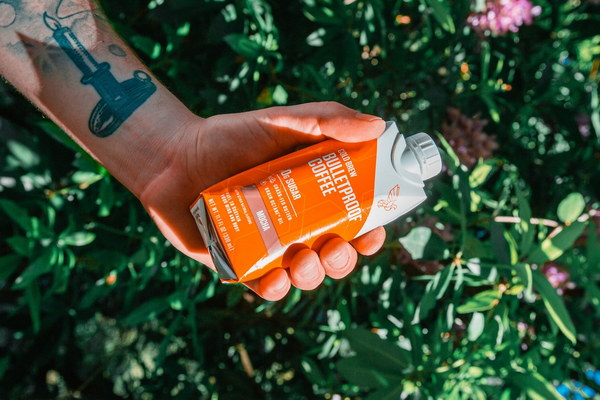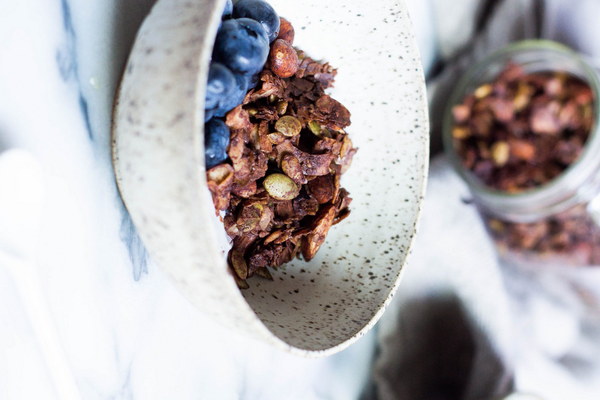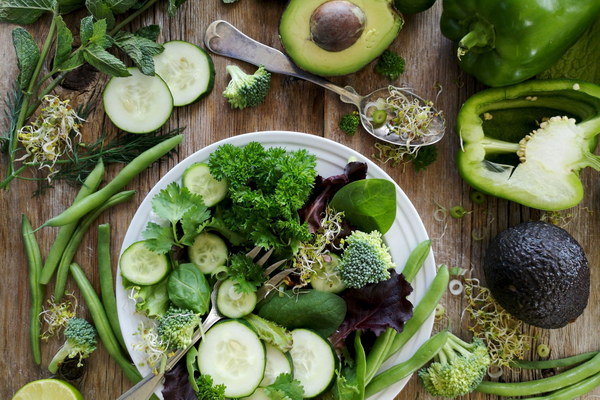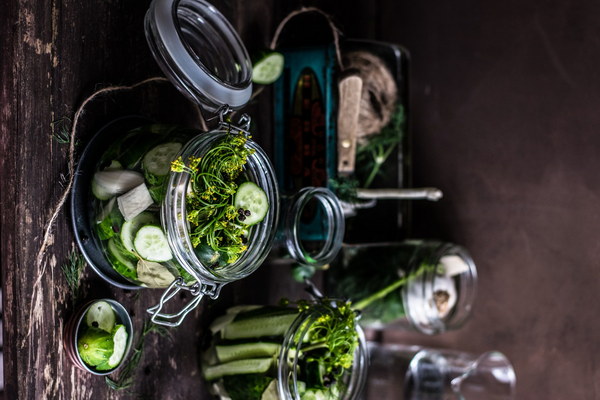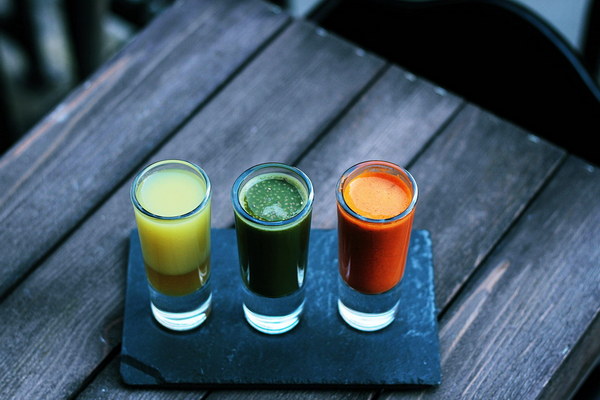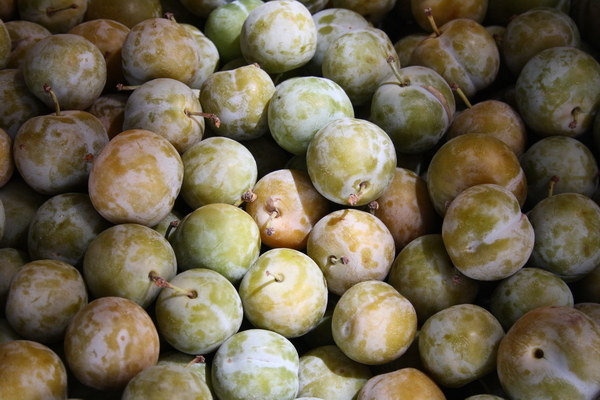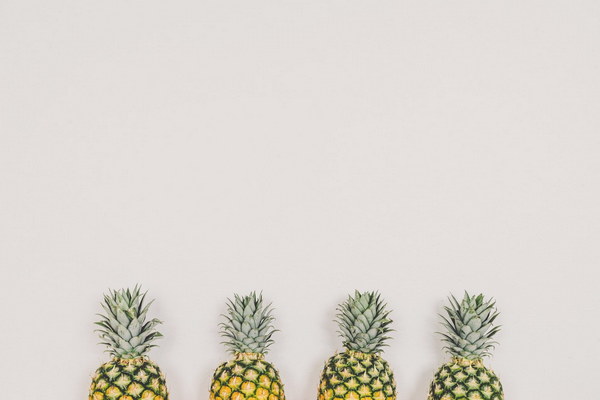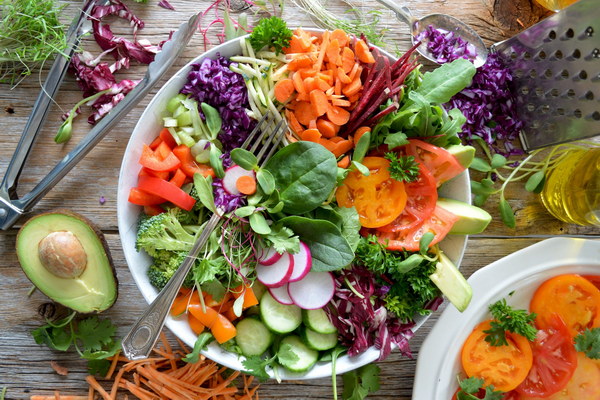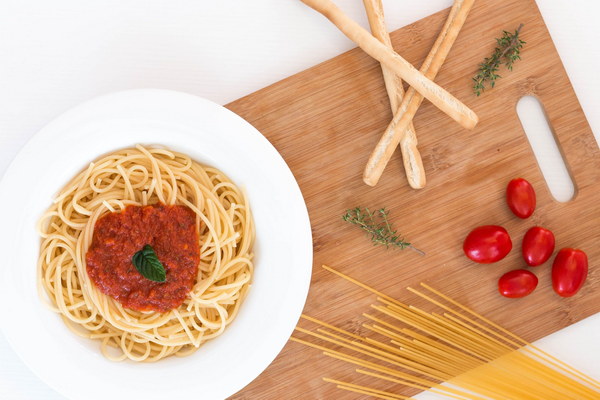The Art of Infusing Health Is Stewing Herbal Tea Over the Stove the Way to Go
The Art of Infusing Health: Is Stewing Herbal Tea Over the Stove the Way to Go?
In the realm of traditional medicine and wellness, herbal teas have long been celebrated for their myriad health benefits. From soothing an achy throat to boosting the immune system, the power of nature's remedies is undeniable. Among the many methods of preparing herbal tea, stewing over a stove has its own charm and potential advantages. But is this age-old method truly the best way to harness the full potential of these natural elixirs? Let's delve into the world of stove-cooked herbal teas and explore the benefits, considerations, and techniques that make this method both a delightful tradition and a healthful practice.
The Science Behind Stewing Herbal Teas
Stewing herbal teas involve simmering the herbs in water over a low heat for an extended period. This process allows the water to extract a variety of compounds from the herbs, including volatile oils, flavonoids, and other bioactive compounds that contribute to their health benefits. The slow-cooking method is believed to enhance the concentration of these beneficial substances, leading to a more potent brew.
Benefits of Stewing Herbal Tea Over the Stove
1. Enhanced Bioavailability: The slow stewing process can lead to a higher concentration of active ingredients in the tea, making it potentially more effective for therapeutic purposes.
2. Flavor Intensification: Stewing allows the flavors of the herbs to meld together, resulting in a richer, more complex taste profile.
3. Customizable Strength: By controlling the cooking time and the amount of water used, you can tailor the strength of your herbal tea to suit your preferences.
4. Aromatherapy: The gentle heat of stove-top brewing releases the aromatic compounds of the herbs, providing a soothing and therapeutic aroma.
5. Cultural and Historical Significance: Stewing herbal teas over the stove is a practice rooted in tradition and has been used for centuries, adding a sense of authenticity to the ritual of tea-making.
Considerations for Stewing Herbal Tea
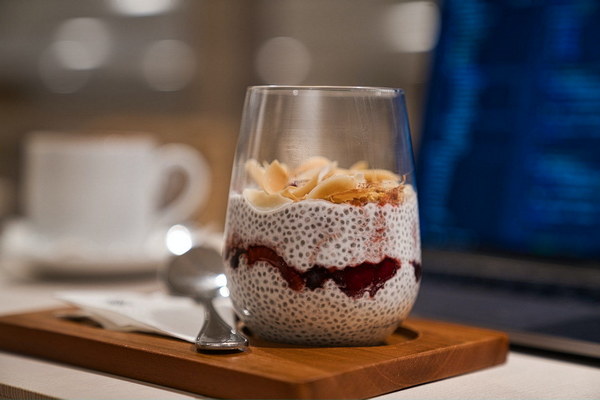
1. Time and Effort: Stewing herbal teas requires more time and attention than other methods, such as steeping or using a tea bag.
2. Potential for Overcooking: If left on the stove for too long, the tea can become bitter and lose some of its beneficial properties.
3. Equipment: A stove and a pot are essential for this method, which may not be as convenient for those on the go or with limited kitchen equipment.
How to Stew Herbal Tea Over the Stove
Here's a simple guide to stewing herbal tea over the stove:
1. Select Your Herbs: Choose fresh or dried herbs based on your health goals and personal preferences.
2. Measure the Herbs: Use approximately one teaspoon of dried herbs or two teaspoons of fresh herbs per cup of water.
3. Boil the Water: Bring water to a boil in a pot on the stove.
4. Add the Herbs: Remove the pot from the heat and add the measured herbs to the boiling water.
5. Simmer: Cover the pot and let the herbs simmer on low heat for 10-15 minutes (for dried herbs) or 20-30 minutes (for fresh herbs).
6. Strain and Serve: Remove the pot from the heat and strain out the herbs. Serve the tea warm, adding honey or lemon if desired.
Conclusion
Stewing herbal tea over the stove is a method that combines tradition with therapeutic benefits. While it does require more time and effort, the potential for enhanced flavor and efficacy makes it a worthwhile practice for those who enjoy the ritual of tea-making. Whether you're looking to soothe an ailment or simply indulge in a moment of relaxation, the art of stewing herbal tea over the stove is a healthful tradition that can be both healing and enjoyable.
